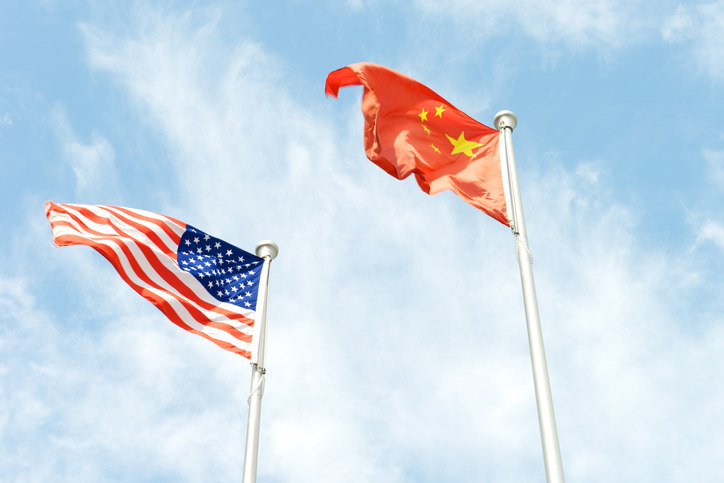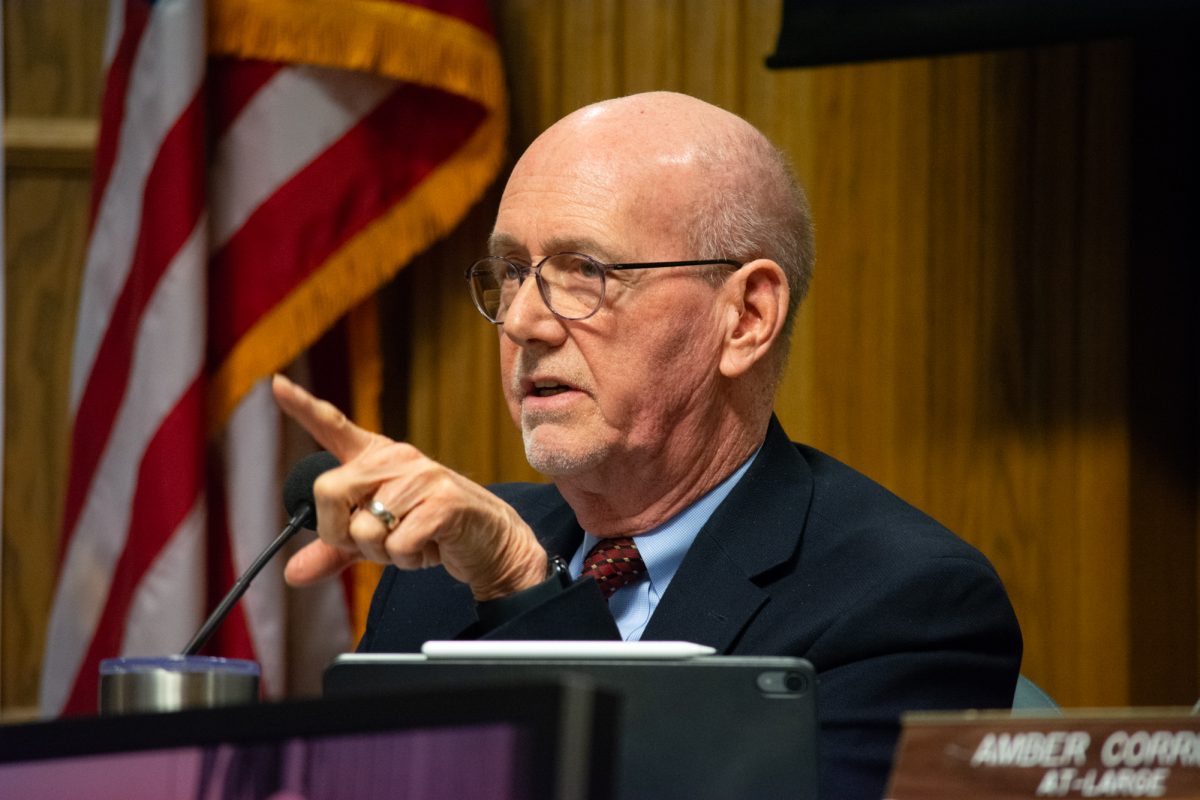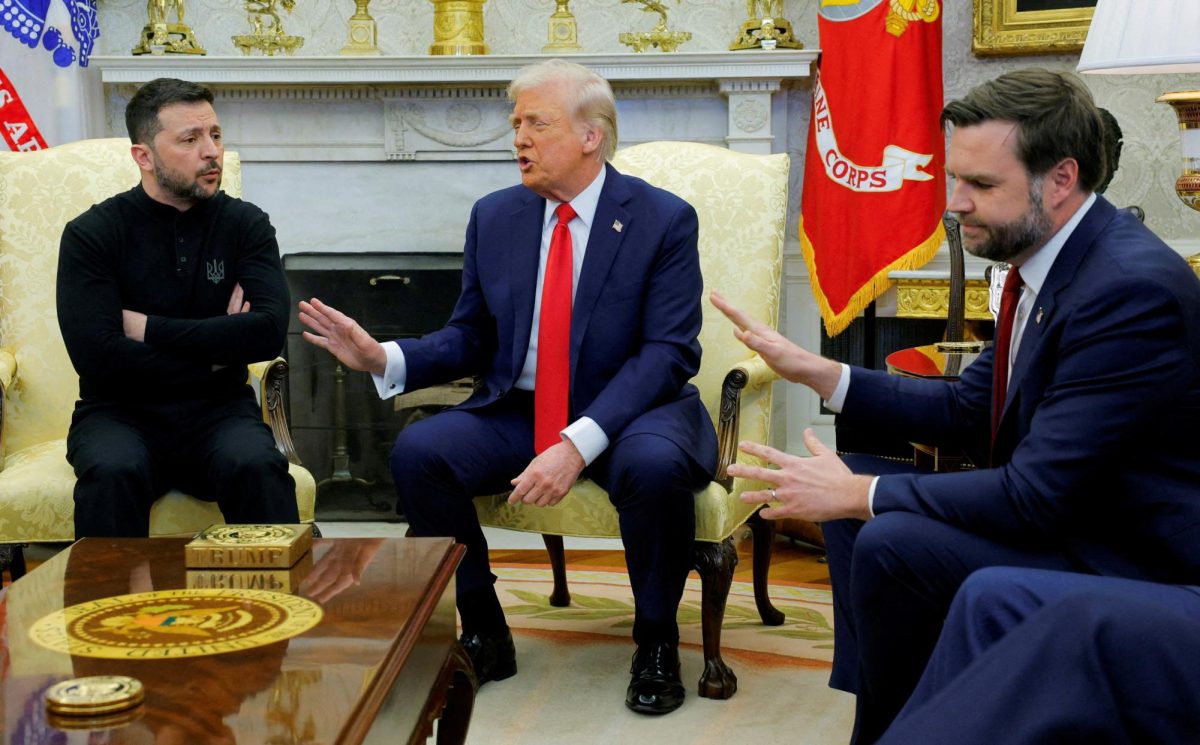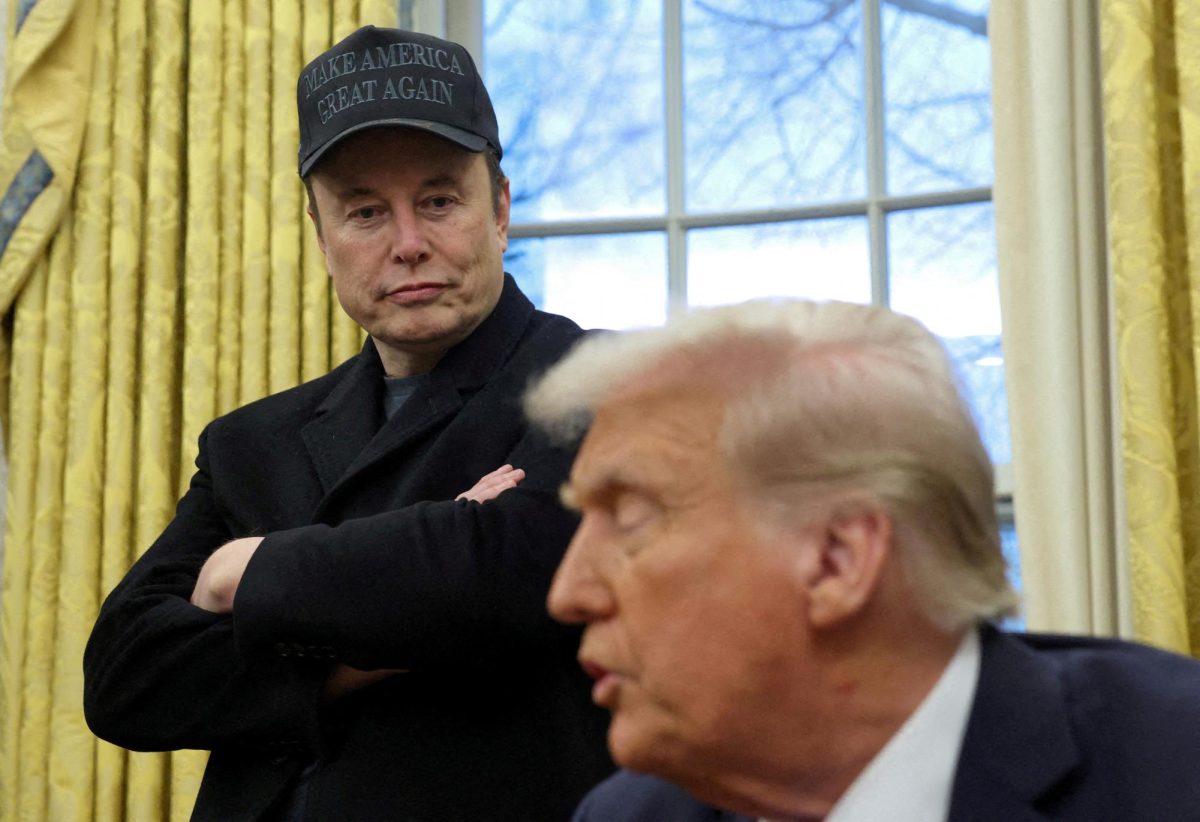This week, Chinese President Xi Jinping visited the United States to discuss relations between the two countries in a time of deepening conflict.
This is a particularly important opportunity for both countries to establish priorities and build an agenda toward peace instead of continuing to threaten one another with inflammatory, machismo rhetoric.
In my view, this is an important step, at least rhetorically. We cannot expect our leaders to uphold their hollow words prepared and pampered for the media machine, but we certainly can.
Iowans especially should be interested in the results of this meeting. According to former state representative Bruce Bearinger, as China and the United States become more economically intertwined, so does the competition between the two states.
Bearinger notes how Chinese ownership of U.S. farmland is becoming an alarming problem. Due to this, Bearinger concludes that when analyzing agricultural policy in the United States., “we see more and more agricultural roads leading to and from China.”
Additionally, Bearinger states in the article that “China passed the US and the EU in 2019 to become the world’s largest agricultural importer” and “the US exported $36.4 billion worth of agricultural goods to China, our largest export market for the second consecutive year.”
There is no question of why this hits close to home for Iowans. After all, Iowa is a crucial agricultural exporter, and anything that affects agriculture on a global scale will surely impact farmers here in Iowa.
Although little (at least it would appear right now) was discussed between President Xi and President Joe Biden about agriculture, there were important developments that may postpone (or hopefully prevent) a future conflict between the United States and China.
Among these topics were rising tensions over Taiwan, activity in the South China Sea, fentanyl and military communication. While little agreement was made on the majority of issues, the New York Times reports that the countries made “two significant agreements: on curbing fentanyl production and military-to-military communications.”
According to President Biden, “the conversation had been the ‘most constructive and productive’ between the two men since Mr. Biden had come to office.” The NYT article continues to say that although the “agreements they announced were modest,” the “most important commitments were to keep talking and to pick up the phone in the time of crisis.”
The latter quote is likely the most important agreement. Why? We cannot expect either country to fold over completely or even bend on tough issues such as Taiwan and economic competition. However, the now heavily publicized agreement to communication is a better agreement than one of war and propaganda (for a more comprehensive list of agreements and disagreements, click here). It allows us to hold both nations accountable, especially as events around the world grow more dire by the day.
I am pleased to see progress made in curbing the production of fentanyl, which has spiraled completely out of control, and I am equally as pleased to see that our militaries are working together to de-escalate in the Indo-China region. After all, any type of conflict with China is precisely the last thing we want.
And even though things appear to have gone well, President Biden once again reinforced why he is not a reliable leader. Even though he might have been telling the truth, he called President Xi a “dictator” almost as soon as the meetings had ended.
If you are trying to improve an already volatile situation, do not make comments that ruin the integrity of your commitments. If we progress, let’s not proceed to be two-faced (even if the accusations are valid). In politics, rhetoric is everything.
China (according to the article above) was not pleased with this. Although it maintains it will still act on its agreements, China does not feel that Biden’s words “cast a very promising light” on future cooperation. I’m sure President Xi feels about Biden what Hunter S. Thompson felt about Richard Nixon:
“He could shake your hand and stab you in the back at the same time.”
Be sure to keep a close eye on these relationships across the world. They will continue to provide insight into whether our optimism (or skepticism) is in vain.








